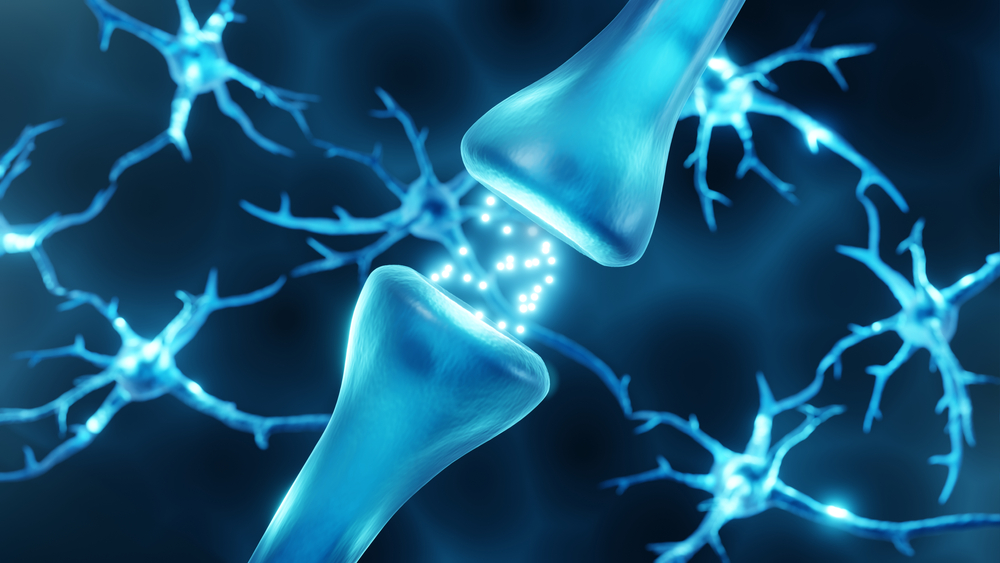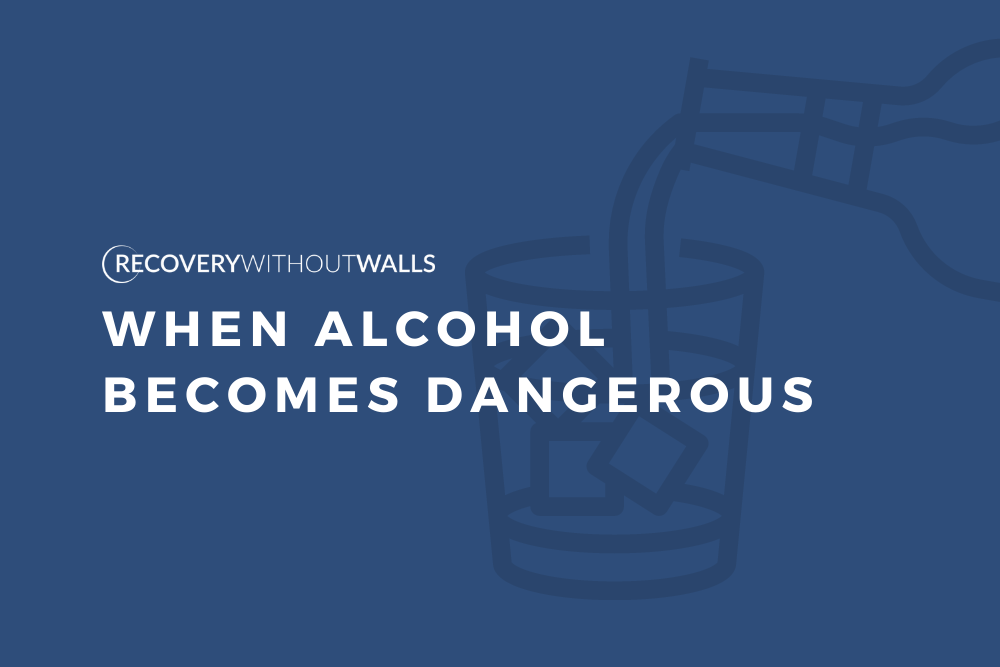
Understanding the Mechanisms of Addiction
Scientists who study addiction and the brain have noted several reasons why people become addicted and have difficulty fighting their drug use. Addictions to drugs such as stimulants and depressants manifest differently, yet have some common effects. Understanding addiction on the neurochemical level can help guide treatment modalities.
Addiction on the Neurochemical Level
The human brain works through a series of interdependent circuits. They coordinate by firing neurotransmitters back and forth. Drug use interrupts these signals, interfering with three parts of the brain:
- The basal ganglia contain the brain’s “reward circuit,” which can be overactivated by drugs. When this happens, only drugs bring pleasure.
- The extended amygdala forms feelings like irritability and anxiety. Drug use makes the amygdala more sensitive and motivates drug use to fight withdrawal.
- The prefrontal cortex controls decision-making. Substance use shifts the balance between this and other parts of the brain and induces compulsions.
A brain on drugs no longer functions normally. Once it is altered, it reacts by craving drugs over everything else that could bring pleasure or reduce pain.
How are Depressant and Stimulant Reliance Different?
Depressants (or downers) such as Xanax and alcohol slow down the actions of the central nervous system. Once people become dependent, they may be unable to sleep without drugs and can experience other side effects such as low blood pressure and increased appetite.
Stimulants (or uppers) such as cocaine and amphetamines speed up the actions of the central nervous system. They spur the body to produce brain chemicals such as norepinephrine and dopamine and can cause increases in blood pressure, nervousness, and tics.
How are They the Same?
Addiction science tells us that dependence on either depressants or stimulants changes the way the brain works. Both classes of drugs can cause moodiness and irritability, especially as the brain reacts to withdrawal. Problems sleeping and reduced inhibitions are also common to both types of drugs. People’s personalities change as all their brains can focus on is getting drugs to relieve pain or bring back pleasure.
Can You Get Addicted When Using Drugs as Prescribed?
Some drugs have such powerful effects on the brain that people can become dependent and experience withdrawal even when taking them properly. Xanax is a potent benzodiazepine that induces dependence quickly. People who have taken Xanax for only three to six weeks can experience withdrawal symptoms as their brains crave the drugs.
How is Neurochemical Disruption from Substance Use Disorder Treated?
Treatments must focus on fighting brain signals that trigger relapses. The two main types of treatments are behavioral and medications. Behavioral treatments may include cognitive-behavioral therapy to manage cravings and avoid risky situations. Individual, group, or family counseling can restore feelings of self-worth and help people learn to function again.
Medication-assisted treatment (MAT) may be used in conjunction with behavioral therapy. Doctors carefully use drugs that help patients get through their withdrawal symptoms and fight subsequent cravings.
Get Help for Substance Use Disorders
If you or a loved one needs help, visit Recovery Without Walls. We take a holistic approach to treating substance use disorder that involves boosting your mind, body, and spirit. We offer several treatment modalities based on your personalized evaluation so you can get back to a happy, healthy life.




